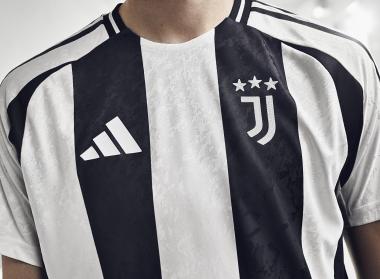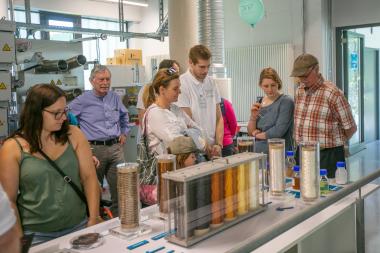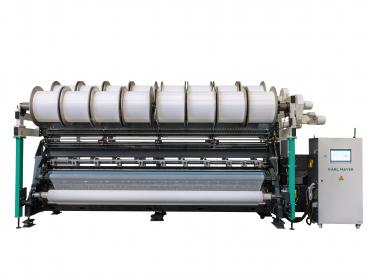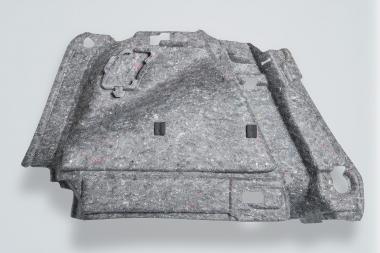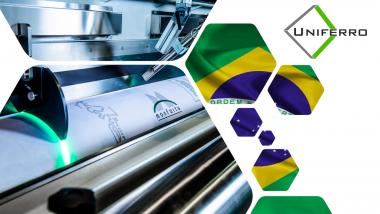Archroma and Vivid CLM team up to advance color matching for textile printing
Archroma is collaborating with Zydat Inc. to bring the complete Color Atlas by Archroma® color library to the Vivid Color Library Management (CLM) color-matching platform for faster and more accurate inkjet digital printing of fashion and textiles
Archroma’s Color Atlas is the textile industry’s largest library of engineered color standards, with more than 5,760 color references formulated to comply with leading eco-standards and deliver consistent and accurate color reproduction.
With these colors available within Vivid CLM’s online color palette optimization and correction tools, designers can more quickly and easily create and share their color palettes for more accurate inkjet printing. This can reduce the burden of pre-production color proofing and streamline the color management process to help deliver high-quality printed fabric and apparel in a fast and economical way.
Vivid CLM was launched by Zydat in February 2024. It offers a unique and designer-oriented solution to color matching with a proprietary algorithm that translates complex spectral data into a Red-Green-Blue workflow and allows the user to print, scan and check the color, with automatic adjustments to improve accuracy. The solution’s palette storage system allows colorists to share palettes across the ecosystem.
In addition to accessing all of the 5,760 colors in the Archroma Color Atlas portfolio as digital standards within Vivid CLM, users of the software may also choose to refer to Archroma’s physical color library in multiple formats. They can also tap into Archroma’s expertise around the world for technical support with sustainable coloration systems and achievability on alternate substrates.
The Color Atlas by Archroma® is part of the Archroma Color Management+ design and development solution for more sustainable textiles and fashion through fast color selection and creation, consistent and accurate color reproduction, and reduced environmental impact.
Archroma






